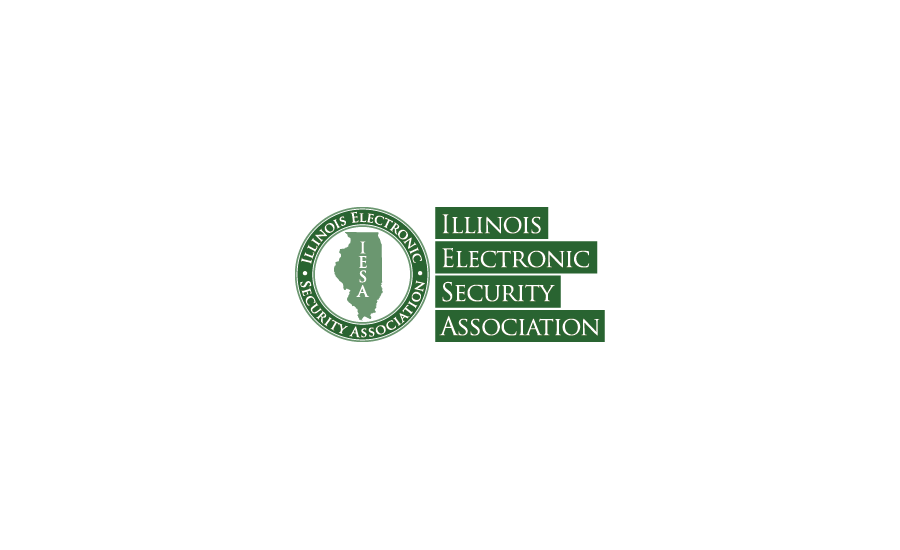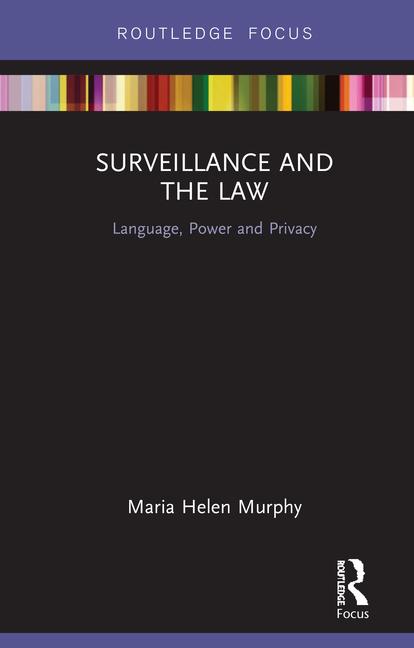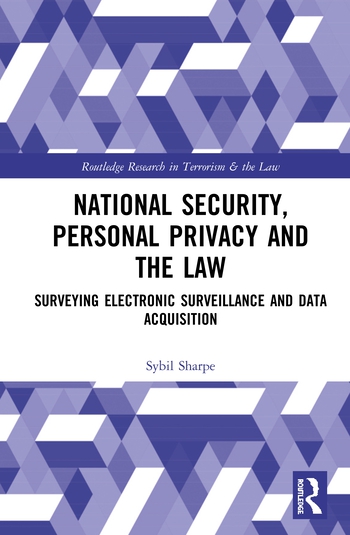Illinois ESA to Fight New Schaumburg Law, Lehan Says Government Is ‘Confiscating Customers’

Kevin Lehan, executive director of the Illinois Electronic Security Association (IESA), said a new Schaumburg law would be tantamount to the government confiscating customers from private alarm companies.
According to the new law, any new alarm installation for commercial fire in Schaumburg must be monitored by Northwest Central Dispatch, which is the 911 center for 10 nearby communities. As any commercial fire contract comes due, Lehan explained, they must then have the system monitored by Northwest Central Dispatch. “In many cases, that is going to require buying a new radio and having that installed. So you could have a perfectly operating alarm system, and you are going to have to take your existing radio off the wall and slap in a brand new radio from another entity.”
The new law was a recommendation of Schaumburg Fire Chief David Schumann, who announced at a Coffee With the Council that this new law was his project and his recommendation, according to Lehan.
Schumann said the law is designed to eliminate an extra step in the process. “The alarm signals will be routed directly from the building to our 911 center,” Schumann said.
Schumann said the law was a result of problems they were experiencing with central station monitoring, including alarm notification delays and failure to make notifications when systems were out of service. “We’ve experienced quite a high number of problems over the last 12 to 15 months with central station monitoring that, quite frankly, was a little bit beyond my comfort level,” Schumann said.
Schumann said the practice of routing calls directly to a city’s 911 center is nothing new. “We see that dozens of communities in the Chicago metro area, their signals go directly from the protected building to their 911 center, so that’s a model we decided to adopt.”
Lehan sees it differently, however. “Basically, the government says, ‘We are entering this arena as a service provider; we demand that everyone, once their contract is up, sign the contract with us.’ So they’ve basically confiscated our customers. And for our industry, to lose customers like that means losing capital value. You’re losing a sailable asset. The government is coming in and just taking it from you.”
This is a situation Lehan said is unique to Illinois so far. “Nowhere else in the country is this practice prevalent.”
An article in the Schaumburg paper the Daily Herald reported that the Schaumburg Fire Department documented “31 instances of unreliability among private alarm and sprinkler systems” during a 15-month period. These instances were the catalyst for Schumann’s recommendation of the new law.
Schumann said the issue was addressed with the IESA long before the law came about, but was not resolved satisfactorily. “We had a conversation with Mr. Lehan about 18 months ago, and he was made well aware of the problems we were having,” Schumann said. “He had that discussion with our fire marshal, and Mr. Lehan stated that he was going to talk to the members of his association and make them aware of the issues and try to correct them. It wasn’t successful.”
Lehan, however, explained, “They have been citing that they have found 31 instances over this [15]-month period of time — and not all at once, but one or two at a time — out of the 1,200 accounts, and that’s their justification for taking over the industry. We understand that anything over zero is not good, but there is a human element that can result in an occasional error.”
In fact, Lehan pointed out that although Schumann has maintained the 31 instances occurred over a 15-month period, the list of 31 instances provided, which is public record, actually begins in October of 2014 and continues through September of 2016 — a period of just less than 23 months.
The government cites public safety as the reason for this new law, but Lehan doesn’t buy that. “They have the infrastructure in place to do this through their fireboard at Northwest Central Dispatch,” Lehan said, referring to the city’s ability to already see what individual accounts are in or out of service without enacting the new law. “They also have that capability now with the private industry. You might have to go to a couple different databases or check your email when we send automated emails when a system is out of service, but we are making notifications to the fire service. Their argument of public safety is not a strong one.”
Lehan said he called and asked for documentation on those 31 instances to see what really happened. “The fire marshal [Michael Rons] refused to give them to us, so I put in a Freedom of Information request,” Lehan said. “They are dragging their feet on the FOIA [Freedom of Information Act request], even denying that they received some of the FOIA requests — thus resetting the clock, so to speak, as to when they are required to give us this data.”
Lehan said he would like to look at the data in order to vet it ahead of a November 8 meeting with the fire chief in which private companies will demonstrate their technologies to make notifications any time it is required by code. “In fact, we can send you push reports any time you would like. We can give you access to our database so you can look in and see what the situation is on any property within the community at any time,” Lehan said.
Three different central stations will demonstrate for Chief Schumann at this meeting: EMERgency24, Acadian Monitoring and Midwest Central Dispatch.
The same Daily Herald article reports that Schumann is keeping an open mind, however, and that the decision on the law is still reversible.
Lehan said he will go into the November 8 meeting with Schumann on the assumption that the alarm community just hasn’t done a good enough job educating the fire services about its capabilities, and they will use the meeting with the chief to demonstrate complete capabilities to address the chief’s concerns. “We feel confident that once he sees the capabilities he just didn’t know about, we should be able to have a good dialogue after that,” Lehan said.
Schumann said that while the security alarm companies would not be able to address the elimination of a step in the process at the November 8 meeting, “they would have to demonstrate a higher level of reliability, a higher level of consistency, and an overall higher level of accountability to their own customers” for the law to be reversed.
Lehan recommended alarm companies always be vigilant in their own communities. “Make sure you have contact and good dialogue with your fire services,” Lehan said. “Also in Illinois, we are going to have to come up with a political solution for this. We can’t continue going to federal court every time there is an issue. There have been companies across the U.S. that have made donations to the Illinois Electronic Security Association. We could certainly use that help. We do plan to invest our resources in a high-end lobbyist that can help us come up with a solution for this.”
Anyone who would like to contact Lehan or learn about how to help can email him at execdirector@iesa.net.
To read the Daily Herald article, visit www.dailyherald.com/article/20161015/business/161019110/.
Looking for a reprint of this article?
From high-res PDFs to custom plaques, order your copy today!









